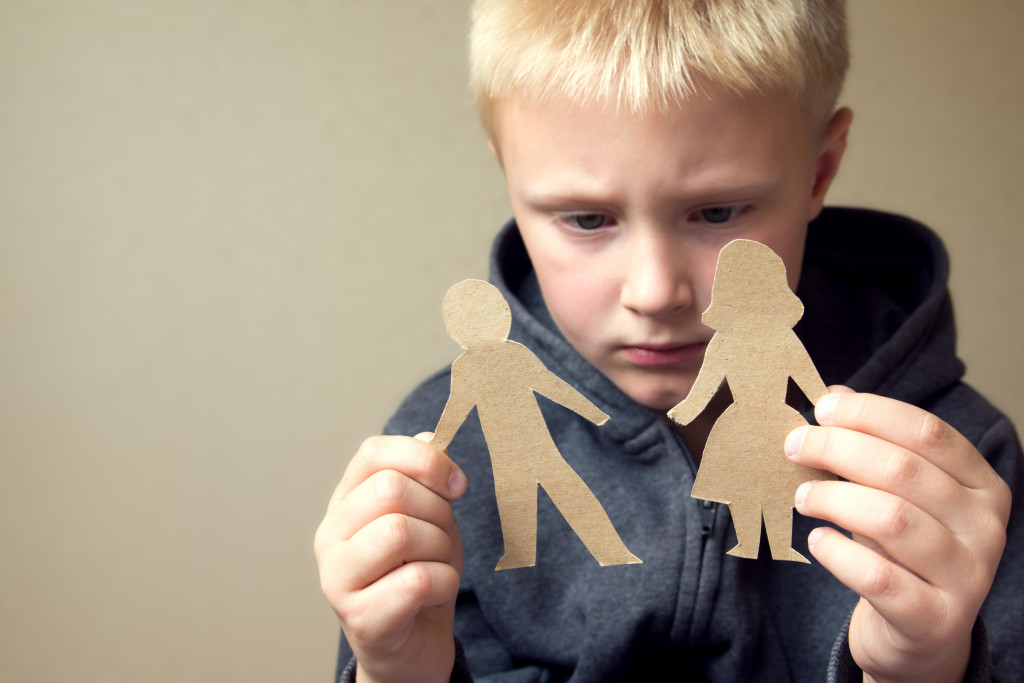- The U.S. has around 443,000 children in foster care, 20% considered orphans.
- The ASFA, ICWA, CAPTA, and FCIA are key laws that protect children from becoming orphans.
- The ASFA focuses on permanent home placement and child safety, reducing long-term foster care numbers.
- The ICWA preserves the culture and identity of Native American children in foster care or adoptive homes.
- Adopting children, donating to related organizations, volunteering, and supporting foster families are ways to help.
Becoming an orphan is one of the most harrowing experiences a child can go through. It can be a traumatic, life-altering experience for a young child, and the fear and uncertainty that comes with it can be overwhelming. However, some laws aim to prevent children from becoming orphans or ensure that they are cared for and protected if they do. Here’s what you need to know about orphans in the U.S., laws protecting children from becoming orphans, and what you can do about it.
Orphans in The U.S.
According to the Department of Health and Human Services, the number of foster children in the U.S. has reached 443,000. Of those, approximately 20% are orphans. An orphan is considered a child who has lost one or both parents due to death or abandonment.
In addition, nearly 421,000 children are in foster care with a relative; these children may also technically be considered orphans since they have been removed from their birth parents’ homes for safety or other reasons.
Laws Protecting Orphaned Children
In the United States, there are numerous laws in place to protect orphaned children from exploitation and abuse. Here are some of them:

ASFA
One law that protects children from becoming orphans is the Adoption and Safe Families Act (ASFA). This law was passed in 1997 and aimed to ensure the safety and well-being of children who are in the foster care system. The ASFA requires that children be placed in permanent homes within a year of being removed from their biological family and that their safety and well-being be the top priority. This law has helped to drastically reduce the number of children who end up in long-term foster care or become orphans.
ICWA
Another important law that helps to protect children from becoming orphans is the Indian Child Welfare Act (ICWA). This law was passed in 1978 and aimed to preserve the culture and identity of Native American children at risk of being removed from their families and placed in foster care or adoptive homes. The ICWA ensures that Native American children are placed in intact families whenever possible and that their cultural and tribal ties are maintained.
CAPTA
The Child Abuse Prevention and Treatment Act (CAPTA) is another important law in protecting children from becoming orphans. This law was passed in 1974 and provides funding to states to improve their child protection systems and prevent child abuse and neglect. CAPTA also requires states to have laws that mandate reporting child abuse or neglect and provide protective services to at-risk children.
FCIA
Foster care is a temporary placement designed to ensure the child’s safety while they are removed from their home. It is a crucial service that helps to protect children from becoming orphans. The Foster Care Independence Act of 1999 (FCIA) was passed to help children aged out of the foster care system transition into adulthood. The law provides housing, education, and job training funding to help these young adults become self-sufficient and successful.
Helping Deal With This Problem
There are various ways you can with this problem. Here are four effective ways:
Adoption
One of the best ways to deal with this problem is by adopting. Adoption is a great way to ensure orphaned children have a loving and stable home. Adopting also helps to provide much-needed support for the child, including emotional, financial, and educational resources. A private adoption service can help you with this. They can help you find a child who needs a loving home and provide guidance throughout the process.

Donations
Donating to organizations seeking to help orphaned children is another way to deal with this problem. Organizations such as Orphan Outreach, World Vision, and the Red Cross all work to protect orphans from exploitation and abuse. Your donations will provide much-needed resources and support to these organizations.
Volunteering
Volunteering at local orphanages or foster care facilities is another way to help with this problem. This will help provide much-needed assistance to the staff on duty and emotional support for the children in their care. You can also volunteer at a child advocacy organization or participate in an awareness and fundraising campaign for orphaned children.
Supporting Foster Families
Supporting foster families is another great way to help with this problem. This can include donating items such as clothing, toys, toiletries, and other necessary items that can make a huge difference in a child’s life. You can also volunteer to provide temporary or respite care for foster families or help them with mentoring and tutoring.
There are many ways to help prevent orphans from becoming a reality and protect children who have already become orphaned. By educating yourself about the laws in place and volunteering your time in various capacities, you can make a real difference in the lives of orphaned children in the United States.

